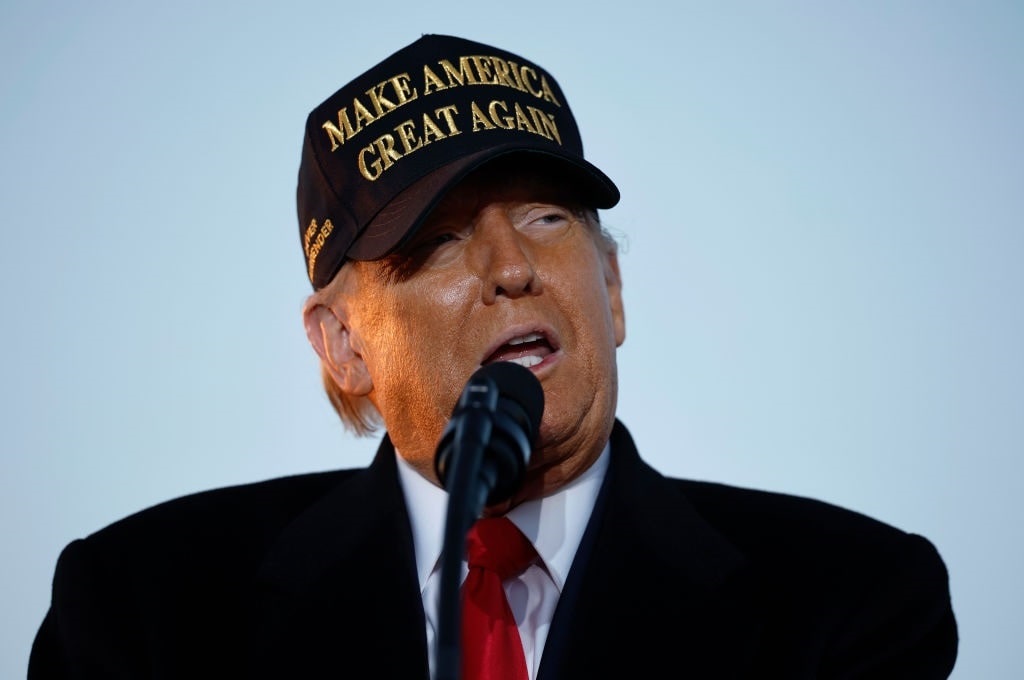The unusual saga of a former president of the United States being criminally convicted in New York has taken several twists and turns, and now the defendant Donald Trump has transformed from civilian ex-POTUS to President-elect. That was a challenge for New York Supreme Court Judge Juan Merchan, who oversaw Trump’s conviction on 34 felony counts of falsifying business records.
After a trial that monopolized the airwaves and social media, Merchan postponed the July 11 sentencing date until Sept. 18 and promised a Sept. 6 ruling on the impact of the US Supreme Court weighing in on the constitutional aspects of presidential immunity. When Sept. 6 arrived, the judge punted yet again, postponing the Sept. 18 sentencing to Nov. 26 and promising to rule on the immunity issue Nov. 12. Today, Merchan has granted a stay on all deadlines connected to the felony connections involved in the hush money trial.
Tumultuous Court Drama
Trump’s convictions rendered in May hung up to four years of prison time over his head as he campaigned under label of “convicted felon.” Yet the underlying case against him suffered serious defects from the very beginning. The prosecution had introduced, and Merchan admitted, evidence that clearly concerned official acts by Trump when he was president – to convict him for alleged conduct that occurred in 2016, before he was POTUS.
Despite specific complaints by Trump’s legal counsel both preceding and during his trial that the admission of such evidence violated the presidential immunity doctrine, Merchan ruled to admit this “official acts” evidence, including testimony from some Trump White House staffers and tweets he sent while president in 2018. This decision tainted all convictions when, on July 1, the US Supreme Court broadened presidential immunity in Trump v. United States.
As explained in Liberty Nation News on July 3:
“Had the court waited as requested or excluded official-acts evidence upon which Trump’s defense team now avers the DANY [District Attorney New York] ‘placed highly prejudicial emphasis,’ the conviction of Trump on 34 felony counts would be untainted.”
Merchan Marches On
Then Nov. 5 brought another roll of the dice. Trump’s resounding victory in the 2024 election made his convictions doubly void. Even if the New York felony counts had not been tarnished by the unconstitutional inclusion of official acts as evidence, Trump’s election to the White House bars any imposition of jail time.
New York’s case against Trump fell apart the day the US Supreme Court agreed with defense counsel that a president could not be criminally prosecuted for “official acts.” While the prosecutors scrambled to argue otherwise, the pollution of the evidence in a criminal trial already dubious for extreme jurisprudential stretches was surely a death knell for the criminal convictions of the former president.
Trump Gets the Last Hush
Ironically, Merchan issued repeated gag orders against Trump to hush up his criticisms of the judge’s apparent partisan bias. Since many perceived the purpose of the controversial trial to be a way to discredit a political candidate in an election season, it now seems ironic that the court instead discredited itself in its zeal and likely helped Trump with its aggressive lawfare tactics.
Here’s the tortured logic: The New York State Supreme Court in Manhattan tried to convict Trump for actions before he was president using evidence after he had become president that can’t be used against any president (at any time), but now it doesn’t matter because he is again president and can’t be incarcerated for anything – unless first impeached and then removed from office by a conviction in the Senate. Everybody clear?
The case against Trump for falsifying business records related to hush money payments was mangled by partisan acrimony and improper evidentiary admissions. The Supreme Court’s July decision shot a constitutional arrow through the Big Apple’s criminal case. With Trump restored as president of the United States, New York Judge Juan Merchan has been doubly hushed.




